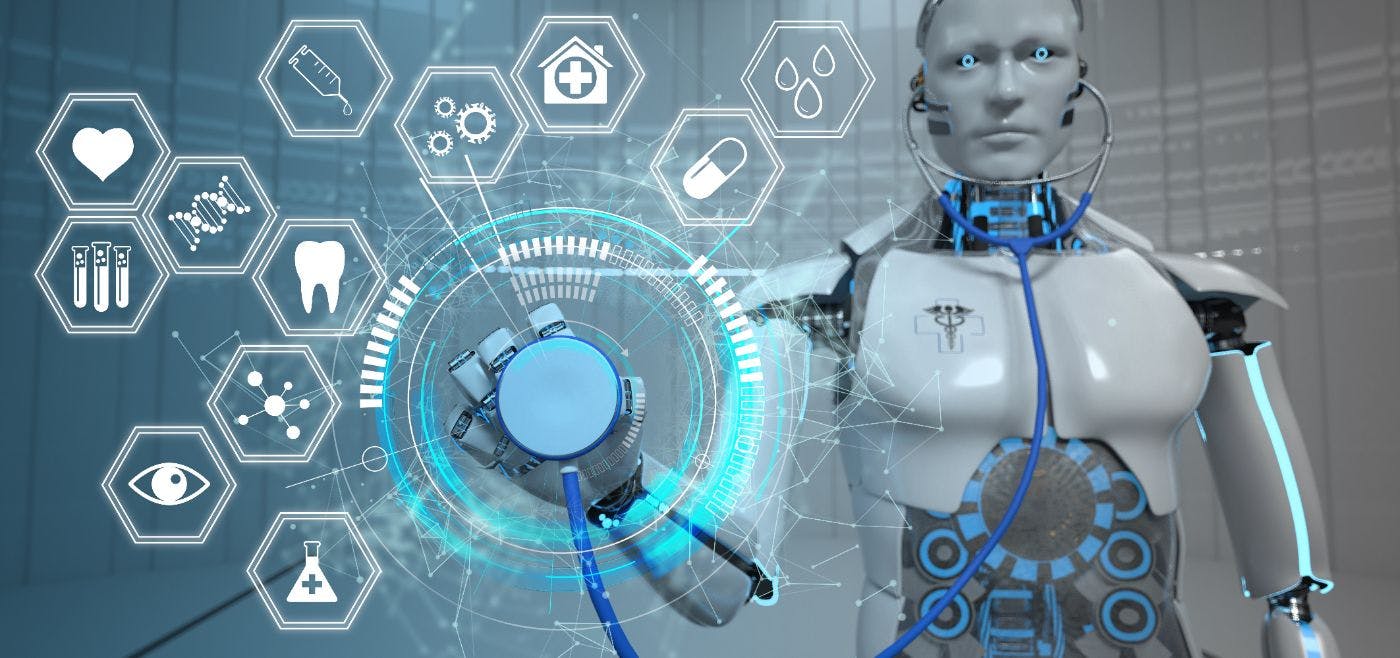549 reads
Shaping The Future of the Healthcare Industry with Artificial Intelligence (AI) Technology
by
October 21st, 2022
Audio Presented by
Emily is a tech writer, with expertise in entrepreneurship, & innovative technology algorithms.
About Author
Emily is a tech writer, with expertise in entrepreneurship, & innovative technology algorithms.
